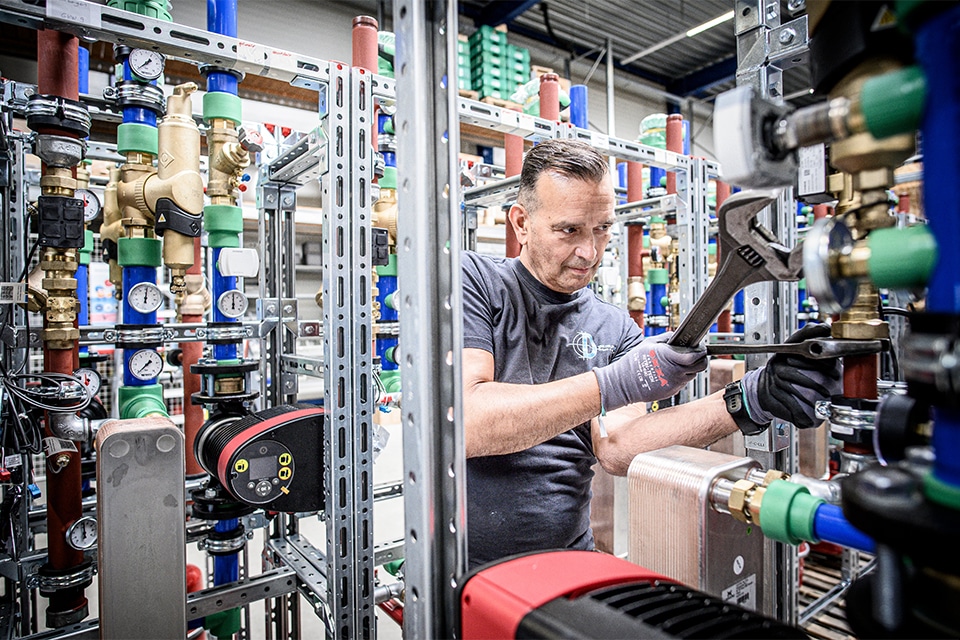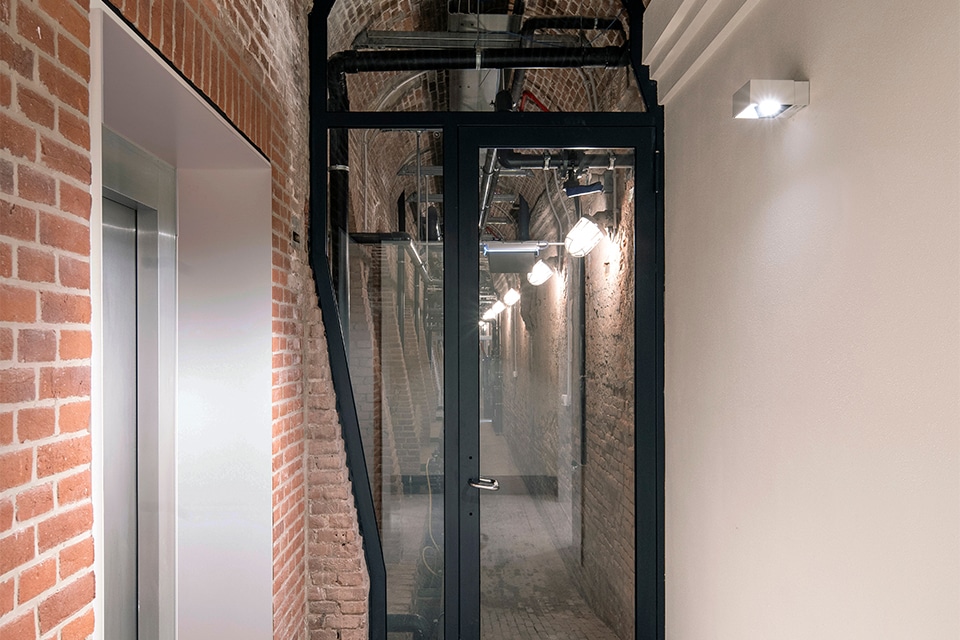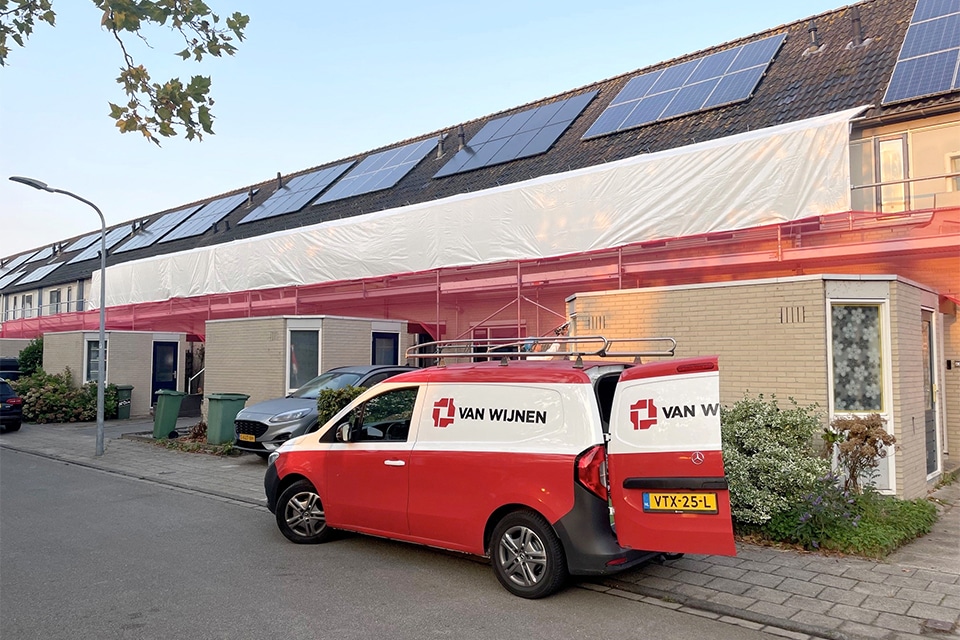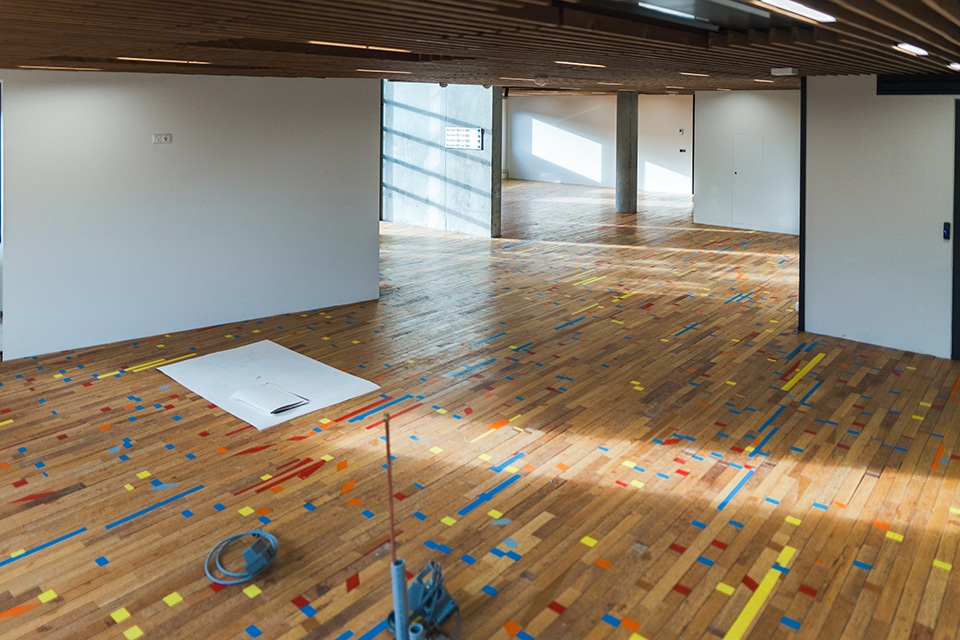
Contemporary momentum with reuse of materials
Renovation of city hall done with maximum circularity
In Leeuwarden, the city hall is being renovated. The historic building has been minimally refurbished since its construction and no longer meets today's requirements. Leeuwarden Municipality does have an explicit wish in this regard. It goes for maximum circularity.
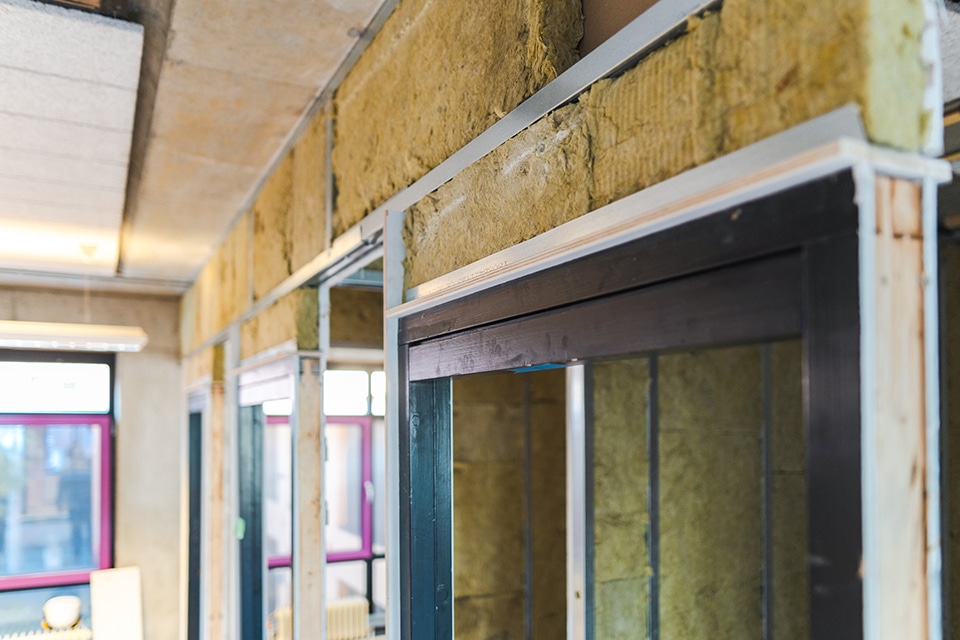
Leeuwarden City Hall is spread over a small-scale, historic building. The arched building on the west side contains the administration building with the main counter functions on the first floor. This building is connected by bridges to the eastern square-shaped office block, the second floor of which was the first to be remodeled.
Inventory
To best meet Leeuwarden City Council's great desire - a maximally circular approach - Lont prepared intensively for the renovation project. In cooperation with the client and partners, it inventoried the reusable materials in the town hall. "That turned out to be quite a lot," notes Jorrit van der Veen, Lont's project manager. "The insulation material of the interior walls was dismantled and put back in place. The interior doors and window frames were refurbished and reused, and the plaster interior walls were reused."
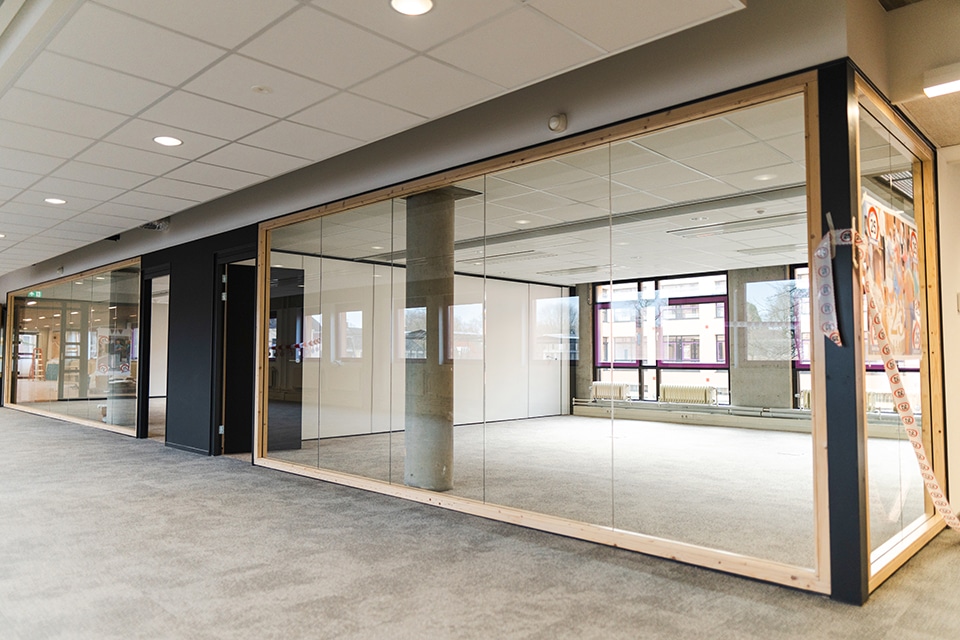
Extra time and attention
Regularly, the circular approach required extra time and attention. "It was good that reuse had been discussed extensively in the preparatory phase. This ensured support on the shop floor and perseverance when things went against us." At the same time, it provided passion and motivation. "At the time of the call for tenders, we were working on another project, where we were able to harvest system ceilings, which otherwise would have ended up in the dumpster. We were able to pick up used carpet tiles, an old sports hall floor and wooden cladding. This got everyone thinking. The feeling of 'What are we getting into?' turned into 'What a lot of value is still in there!'"
New momentum
Of course, the question does arise as to whether the recycled materials could give the office building a new and contemporary élan. Were they also ready for their second life in terms of aesthetics? "All the harvested materials were cleaned, refurbished or painted," Van der Veen explains. "After that, they were back in as good a condition as possible. In the case of the carpet tiles, we chose to mix up the colors. This made it visible that the tiles were reused, while the imperfection made for an artistic whole. We also got better and better at it ourselves. For example, we purchased a batch of scrap wood, which we used to make all the new interior frames we needed. These were assembled while retaining nail holes and damage."
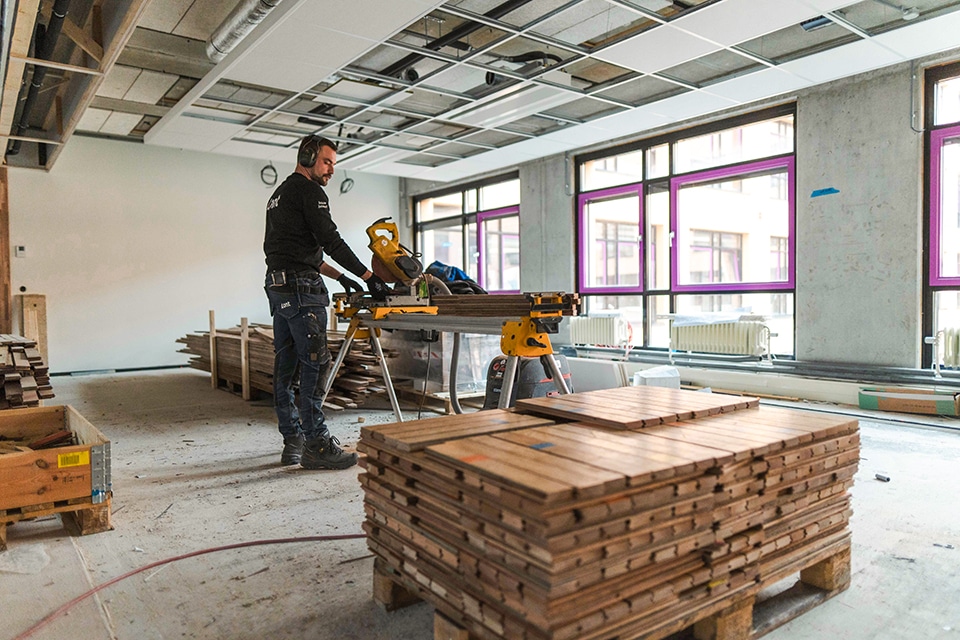
Enthusiastic responses
To gain maximum understanding from City Hall employees for the inconvenience - "Unfortunately, we can't prevent it" - Lont informed them as much as possible about the work. This included a tour of the construction site so that everyone could see for themselves what had already happened. "Without exception, the reactions were enthusiastic," he said.
